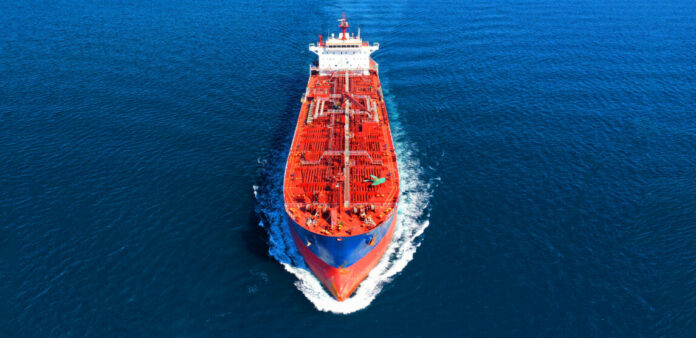Shipowners and tanker market analysts assess the direct and indirect consequences of the Israel-Hamas war. All eyes are now turned on the volatility of oil prices, but also on Iran, whose relations with the US are once again in the spotlight.
“In shipping, we are trained to be able to adapt to geopolitical incidents. We had three crises, one after the other. The pandemic, the war in Ukraine and now the conflict in the Middle East,” the CEO of Tsakos Energy Navigation (TEN), Nikolas Tsakos, commented, speaking at a conference organized by Capital Link. TEN manages one of the largest fleets of tankers internationally.
“Historically tensions in the Middle East Gulf lead to higher demand for ships in response to oil shortage concerns,” Norwegian investment bank Arctic Securities commented in a note. “The impact on fares depends on the degree of tensions and the fundamentals of the market. In this case, the market for tankers looks tight. Demand increases seasonally, while the Israel-Hamas war acts as an extra booster,” the analysts explained, adding that the market for super-tankers (VLCCs, with a capacity of around 300,000 dwt) is expected to have the biggest impact. According to a research note from Clarskons brokerage, freight rates for VLCCs continue their upward trend, “climbing” above 41,000 dollars per day.
Meanwhile, the ports of Ashdod and Ashkelon – the former is underperforming and the latter has suspended its services – account for 80% of Israel’s crude oil imports, according to BRS Shipbrokers. A further escalation of tension could lead to a significant drop in imports as shipowners avoid the area, ultimately leading to a possible shutdown of refineries.














